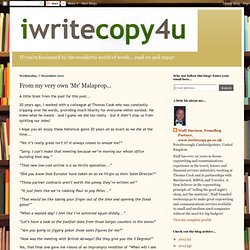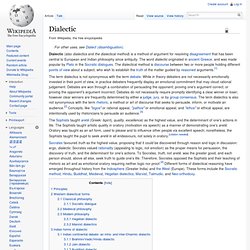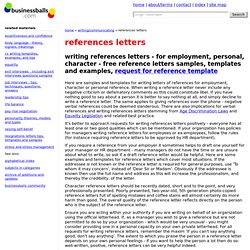

NB Marketing Seminars Group News. A little blast from the past for this post... 20 years ago, I worked with a colleague at Thomas Cook who was constantly tripping over his words, providing much hilarity for everyone within earshot.

He knew what he meant – and I guess we did too really – but it didn’t stop us from splitting our sides! I hope you all enjoy these historical gems 20 years on as much as we did at the time... “Yes it’s really great isn’t it? It always ceases to amaze me!” “Sorry, I can’t make that meeting because we’re moving our whole office building that day.” “That new low-cost airline is a no thrills operation...”
“Did you know that Eurostar have taken on an ex-Virgin as their Sales Director?” “Those partner contracts aren’t worth the penny they’re written on!” “It just feels like we’re robbing Paul to pay Peter...” “That would be like taking your finger out of the dike and opening the flood gates!” “What a wasted day! “Let’s have a look at the footfall data from those Geiger counters in the stores” Dialectic. Dialectic (also dialectics and the dialectical method) is a method of argument for resolving disagreement that has been central to European and Indian philosophy since antiquity.

The word dialectic originated in ancient Greece, and was made popular by Plato in the Socratic dialogues. The dialectical method is discourse between two or more people holding different points of view about a subject, who wish to establish the truth of the matter guided by reasoned arguments.[1] The term dialectics is not synonymous with the term debate. While in theory debaters are not necessarily emotionally invested in their point of view, in practice debaters frequently display an emotional commitment that may cloud rational judgement.
Debates are won through a combination of persuading the opponent; proving one's argument correct; or proving the opponent's argument incorrect. The Sophists taught aretē (Greek: ἀρετή, quality, excellence) as the highest value, and the determinant of one's actions in life. Writing reference letters samples, examples and templates, and good cover letters examples - to whom it may concern references letters for jobs, suppliers, and character references. Home » writing/communicating » references letters writing references letters - for employment, personal, character - free reference letters samples, templates and examples, request for reference template Here are samples and templates for writing letters of references for employment, character or personal reference.

When writing a reference letter never include any negative criticism or defamatory comments as this could constitute libel. If you have nothing good to say about a person it is better to say nothing at all, and simply decline to write a reference letter. The same applies to giving references over the phone - negative verbal references could be deemed slanderous. It's better to approach requests for writing references letters positively - everyone has at least one or two good qualities which can be mentioned. Character reference letters should be recently dated, short and to the point, and very professionally presented.
Reference letters structure/template N.B. Date N.B. (date)